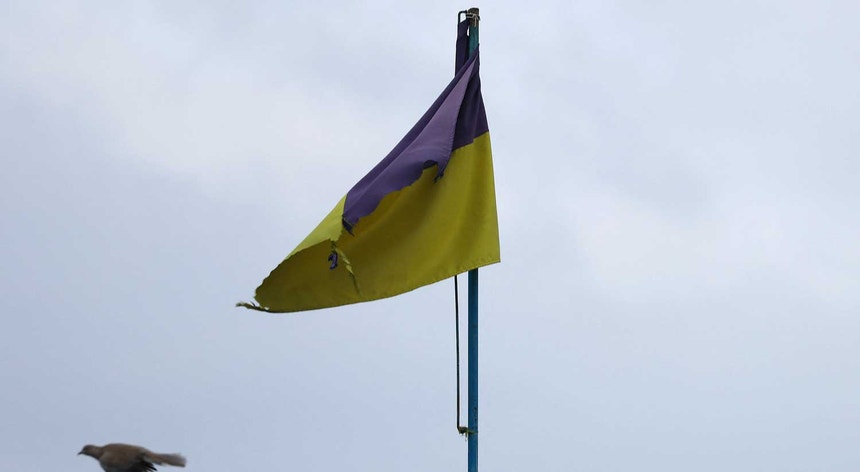The official emphasized that Beijing’s position on this issue is “consistent and clear,” and added that China was one of the first countries to establish diplomatic relations with these countries.Mao Ning said that China respects the sovereignty, independence and territorial integrity of all countries and adheres to the purposes and principles of the UN Charter.
Asked specifically about Ukraine’s sovereignty, the spokeswoman once again stressed the “objectivity and fairness” of China’s position. “The Soviet Union was a federal state and externally as a whole was subject to international law. Accordingly, after the dissolution of the Soviet Union, the various republics retained the status of sovereign states.”He said.
Ning added that only sovereign states can become official members of the United Nations. “The country they mention is a member of the United Nations,” he said, referring to Ukraine.
On Friday, in an interview with a French TV station, Chinese Ambassador Lu Shaye announced that former Soviet countries, such as Ukraine, lacks a “real situation under international law”.
“These former Soviet states have no real status under international law, because there was no international agreement to materialize their status as sovereign states,” he declared, after stating that The Crimean issue “depends on how the problem is viewed”, as the region “was initially Russian and later offered to Ukraine during the Soviet era”.
On the French government side, Reuters quoted an official as saying that there will be a “very firm” discussion on Monday between the Chinese ambassador and the French Foreign Ministry.
This is not the first time that Le Chay has been summoned by the French Foreign Ministry to make statements since he became ambassador. One such occasion was after it was suggested that France was abandoning elderly people in nursing homes during the COVID-19 pandemic.
“totally unacceptable”
A number of European foreign ministers rushed to denounce the Chinese ambassador’s statements. “The comments are completely unacceptable,” considered the Czech Foreign Ministry, Jan Lipavsky. “I hope this ambassador’s superiors will resolve the situation.”
Lithuania’s counterpart, Gabrielius Landsbergis, in turn, said the three Baltic states (Estonia, Latvia and Lithuania, all former Soviet states) would summon Chinese representatives to seek official clarification on the declarations.
The Luxembourgish Minister of Justice, Jean Asselborn, considered the Chinese ambassador’s remarks “wrong” and stated that efforts were being made to de-escalate the tension aroused after the controversy.
The head of European diplomacy, Josep Borrell, said so On Monday, the 27 countries will, during a meeting, “address and reset the European strategy with regard to China.” Ambassador Lu’s comments will form part of the discussion.
“We will have to continue discussions on China as this is one of our biggest foreign policy issues,” he told reporters.
The President of the European Council, Charles Michel, has already pushed for it The next summit of EU leaders, in June, will discuss the position of the 27 countries with regard to China and future relations with Beijing.
w/ agencies

“Hardcore alcohol maven. Hipster-friendly analyst. Introvert. Devoted social media advocate.”

